A second surplus is within reach but Jim Chalmers says it’s unlikely he will radically switch gears and hand down a big-spending budget.
The Treasurer has indicated he intends to take a same but different approach to the upcoming budget with a focus that goes beyond fighting inflation.
Australia’s annual rate of economic growth, at 1.5 per cent, is at its weakest in 23 years, excluding the Covid-induced recession.
But Dr Chalmers stressed just because he was flagging a shift in focus, it didn’t mean he’d be splashing cash around just to boost the economy.
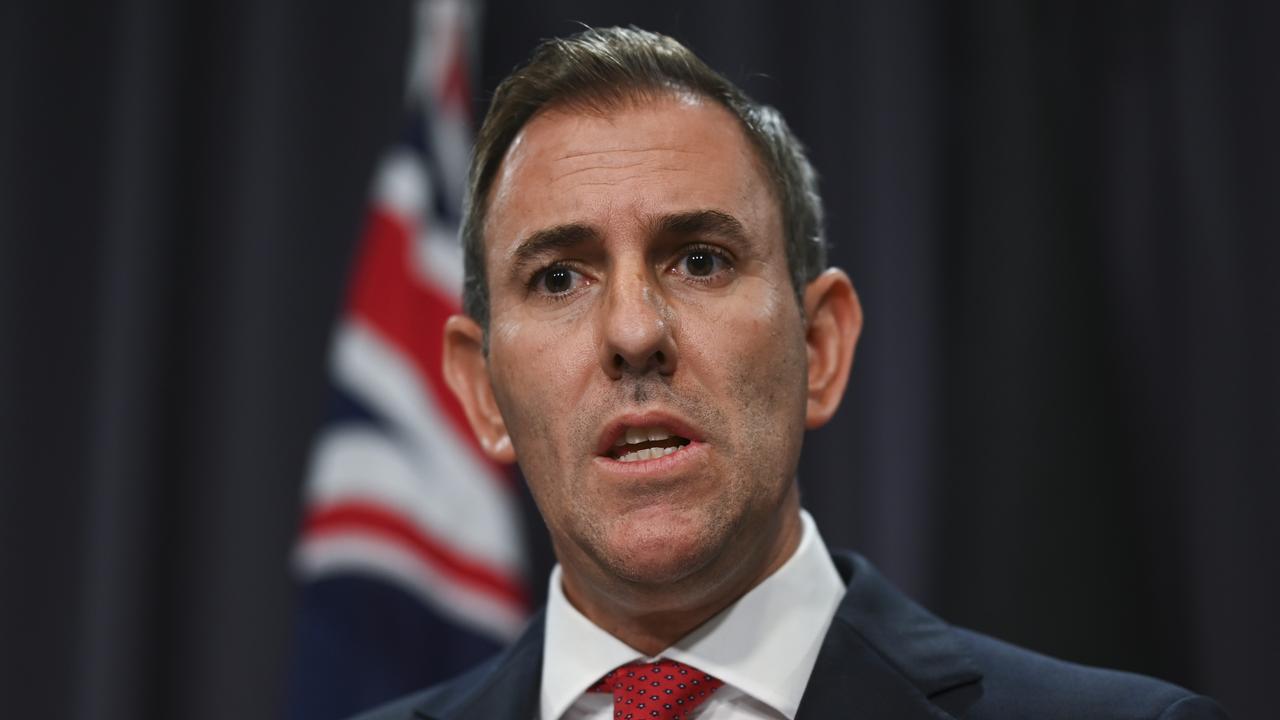
Jim Chalmers said the shift in focus was due to the slowing economy. Picture: NCA NewsWire / Martin Ollman
“Don’t over interpret me saying the balance of risks is shifting … It will be a different budget in degree, not kind,” he told the AFR’s Business Summit on Monday.
“There will still be a premium on what’s responsible … But we can’t ignore the way our economy is slowing.
“There is a temptation to kind of over interpret that. Really, what I’m saying is a primary focus on inflation but not a sole focus on inflation.”
Inflation in Australia has slowed from a peak of about 8 per cent at the end of 2022 to about 4 per cent at the end of 2023.
The monthly figures from the Australian Bureau of Statistics showed that consumer price growth fell as low as 3.4 per cent in the year to January.
But with rumours rampant the government could be eyeing off sending Australians to the polls this year, and a second surplus in sight, Dr Chalmers downplayed suggestion he would be baking in measures in the May 14 budget.
He joked the timing of the election was “above his pay grade”, but there would still be enough time to hand down a budget in March should Prime Minister Anthony Albanese decide to go full term.
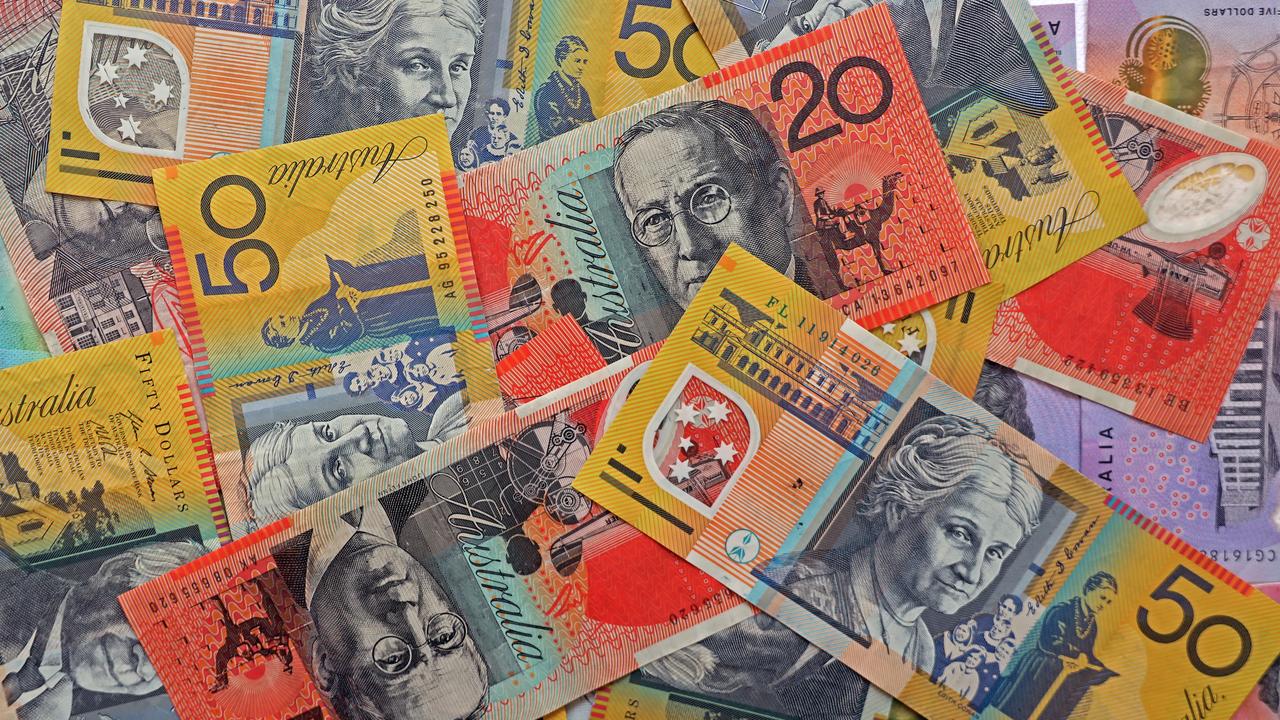
Aussies shouldn’t expect a cash splash, Dr Chalmers indicated. Picture: NCA NewsWire / Nicholas Eagar
The remarks come as the Treasurer outlined his plan to abolish 500 “nuisance tariffs “on hundreds of imported goods, including hand tools, toothbrushes, fridges and dishwashers and sanitary products from July 1 this year.
“This is the biggest unilateral tariff reform in at least two decades. It will cut compliance costs, reduce red tape, make it easier to do business and boost productivity,” he said.
Reform to Australia’s merger laws to streamline the process for low-risk mergers and boost transparency was also in the works, Dr Chalmers said.
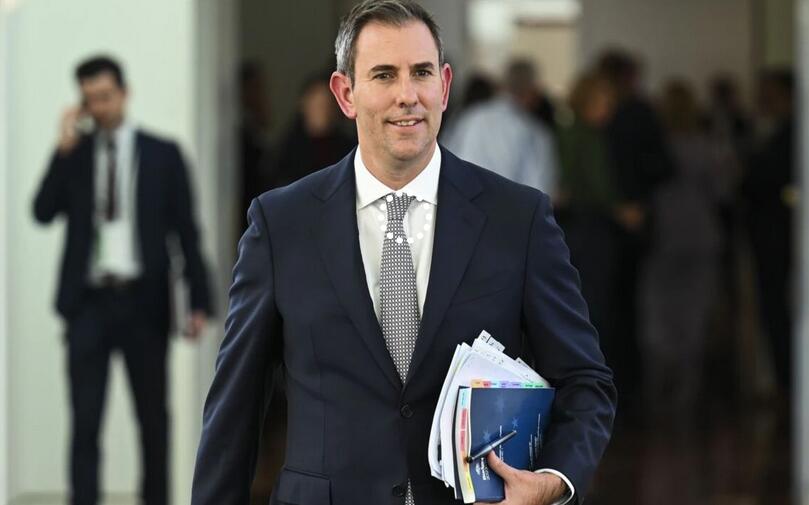
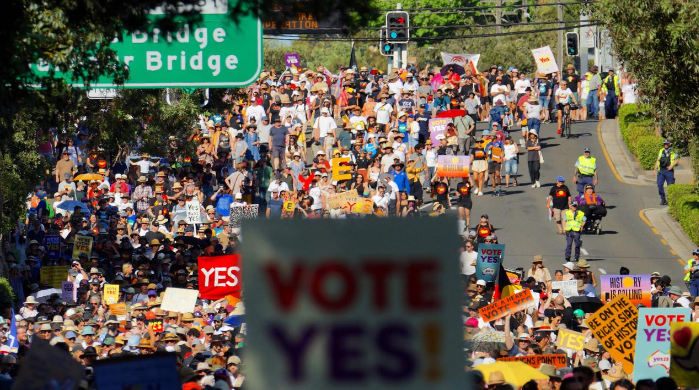
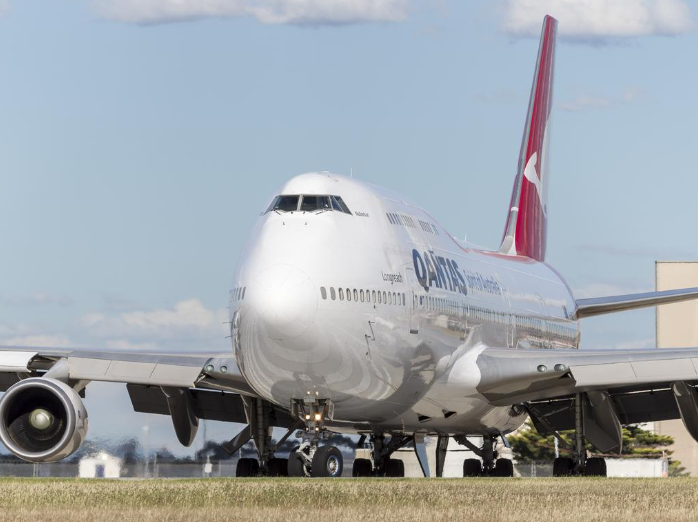
Leave a Reply